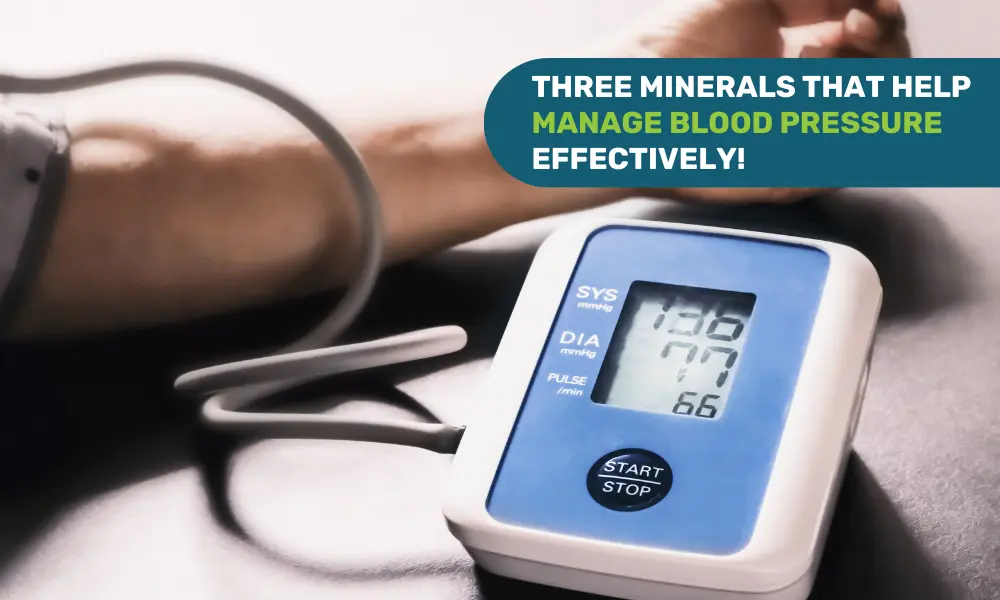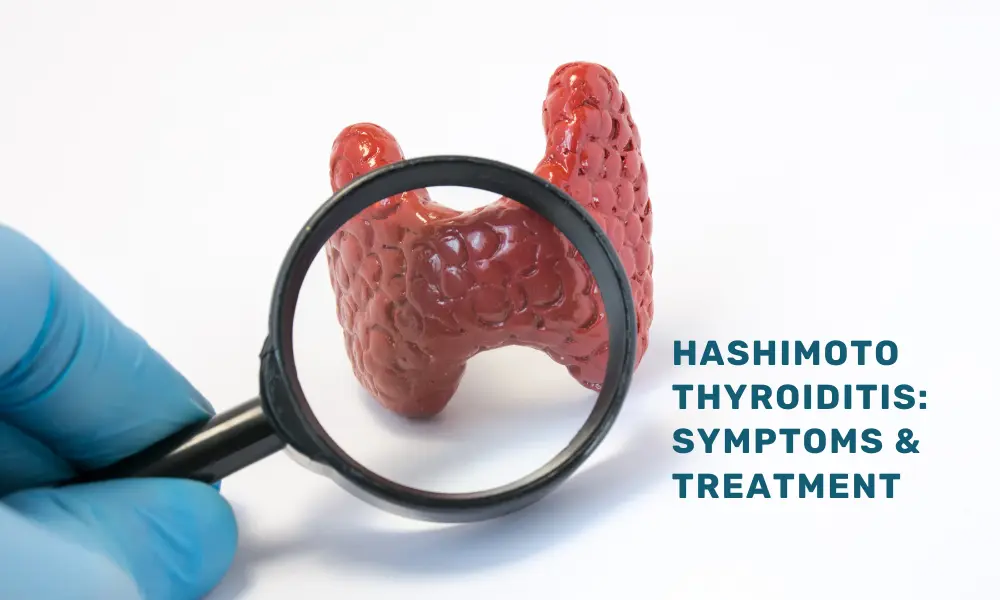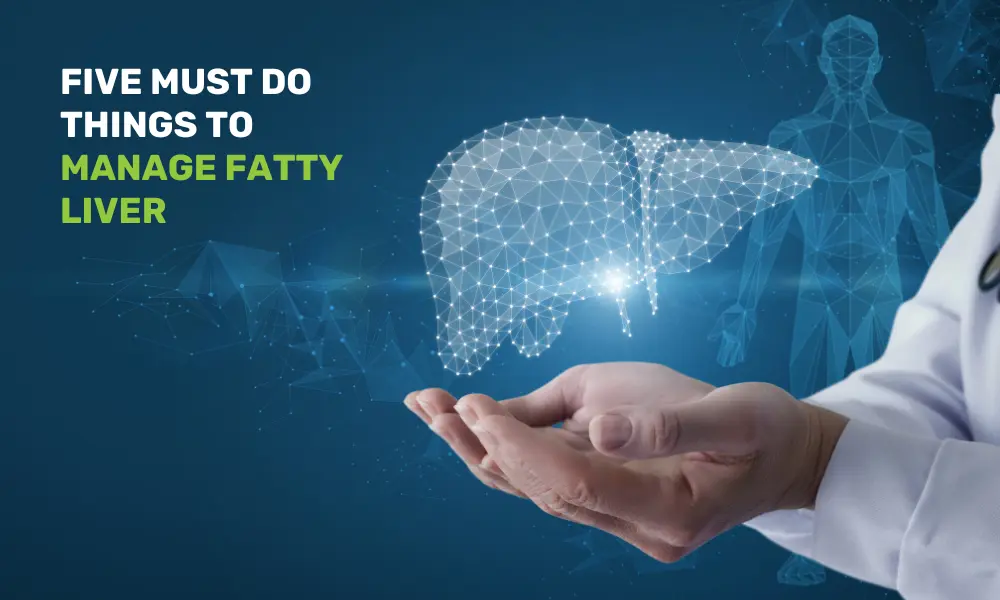High blood pressure is one of the major causes of premature death worldwide. High BP can be fatal for our overall health. Therefore, managing blood pressure before it causes any harm is vital.
Complications of High blood pressure
-
Damage to Arteries: High blood pressure damages the walls of our arteries, making them vulnerable to developing deposits of plaque that narrow, harden, or block our arteries. These deposits generally lead to blood clots. Blood clots can flow through our bloodstream and block blood flow to the brain or heart, resulting in a heart attack or stroke.
-
Increases risk of heart failure. Due to high blood pressure, our arteries harden or narrow. This increases the workload on our heart, as it has to work harder to circulate blood. This causes our heart to become larger and fail to supply our organs with blood, hence increasing the risk of heart attack.
-
Chest pain also called angina, is a condition that occurs when the heart does not get sufficient blood that it needs. When individuals with high blood pressure perform physical activities, such as going up steps, walking uphill, or exercising, angina may cause pressure, pain, or a feeling of fullness in the chest.
-
Kidney damage: Our kidneys help our body eliminate toxins and regulate many complex functions. High blood pressure can cause damage to the arteries that are around our kidneys. This can reduce the ability of kidneys to do their job and may lead to kidney failure.
-
Vision problems: Our eyes are full of small blood vessels that can easily be damaged or strained by high blood pressure. High BP can also cause swelling of our optic nerve. Lowering the high blood pressure can sometimes reverse vision problems. However, high blood pressure, when untreated, can cause permanent vision loss.
-
Peripheral Artery Disease (PAD): This occurs when the arteries in our arms, head, legs, or stomach become narrowed and cause pain, fatigue, and cramping. If an individual has PAD, they are at a higher risk of heart attack or stroke.
-
Higher risk of hypertensive crisis: A hypertensive crisis is a medical condition that causes an individual’s blood pressure to rise rapidly above 180/120. If the blood pressure gets too high, it can cause damage to the organs and other potentially life-threatening complications. Symptoms of a hypertensive crisis may include:
-
Blurry vision or other vision problems
-
Dizziness
-
Light headedness
-
Severe headaches
-
Nosebleed
-
Shortness of breath
-
Chest discomfort or pain
-
A feeling of anxiety or that something is not right
-
If an individual experiences these symptoms, he or she must consult a doctor immediately.
Elevated blood pressure can be normalized by making certain additions to our diet. Here are three minerals that help manage blood pressure effectively.
-
Potassium
Potassium isn’t just another nutrient but our blood pressure’s best friend. This mineral works wonders for our muscles and blood vessel walls. By helping them relax, potassium gracefully lowers blood pressure and reduces muscle cramps. Potassium also pulls double duty by regulating the electric signals in our nervous system and heart, keeping heartbeats steady. Sources of potassium that must be added to our diet may include – prunes, apricots, sweet potatoes, and lima beans are full of potassium.
-
Magnesium
This mineral pulls off a balancing act like no other, regulating blood pressure, blood sugar, muscle function, and nerve function. When it comes to blood pressure, magnesium takes the spotlight by helping our blood vessels chill out, supporting energy production, and even aiding bone development. Dark, leafy green veggies, unrefined grains, and legumes are certain sources packed with magnesium goodness.
-
Calcium
Calcium is highly good for our bone health, but it is also good for blood pressure. Yes – calcium doesn’t just stop at bones; it lends a helping hand to our heart and muscles, too. While it is ideal to fulfil our calcium requirement from dairy delights, fortified foods, and leafy greens, some people may need a little extra boost from supplements. Too much calcium may complicate things, so always consult a doctor before taking supplements.
High blood pressure is a serious and silent condition that can impact our heart health. One must make necessary additions to the diet and consult a doctor for regular checkup to avoid complications.




